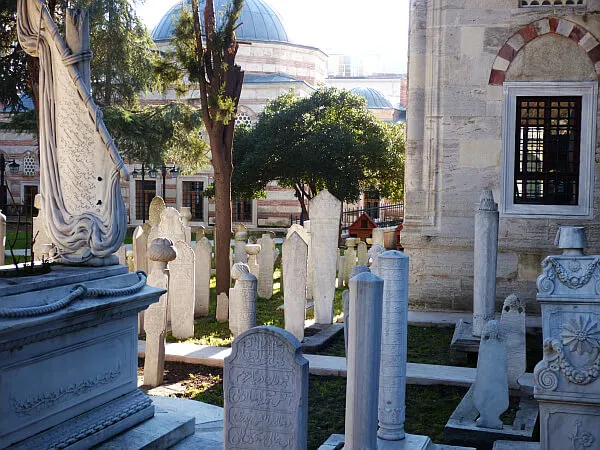[ad_1]

With the signing this year of a peace deal between the government and the rebels in Colombia, 2016 marked the first time in history that there is no war going on in all of the Americas.
Who knows how far back you’d probably have to go when that was previously the case, but it’s likely back to the Ice Age. Before the Maya, before Teotihuacan, probably before Caral was built some 4,000 years ago in what is now Peru. (The colonial devils from Spain didn’t introduce conquest and subjugation–they just did it on a grander scale with better weapons and horses.)
Africa is having fewer wars than they probably have had in history and the peace is leading to robust growth rates in former no-go zones. Who would have predicted 20 years ago that Africa’s highest growth rates for 2016 would be in Ethiopia, Rwanda, Côte d’Ivoire and Senegal?
A Safer World Isn’t Newsworthy
None of this world safety improvement gets much play in the news, however, especially the 24-hour sensationalist TV channels that dominate the U.S. media landscape. The reason you hear so much about atrocities and terrorist attacks is because they get viewers to tune in, not because they show you the big picture of what’s going on.
It’s a much safer world to travel in, but it doesn’t feel that way unless you turn off the news.
Sure, there are lots of scuffles going on around the world, but the true all-out wars that result in massive loss of life are getting quite rare. Right now all of them with any scale are going on in just a few spots in the Middle East, the bulk of the deaths happening in Syria. There are terrible things happening in Nigeria and Libya is still unstable, yes, There are atrocities between ethnic groups and religions inside the Middle East and in Myanmar, the Philippines, Pakistan, and Bangladesh. But these are outliers, not the norm.
What Really Kills Us

According to the World Health Organization, 9 of the 10 top causes of death in the world are medical. The only one that’s not is road accidents.
Noncommunicable diseases were responsible for 68% of all deaths globally in 2012, up from 60% in 2000. The 4 main NCDs are cardiovascular diseases, cancers, diabetes and chronic lung diseases. Communicable, maternal, neonatal and nutrition conditions collectively were responsible for 23% of global deaths, and injuries caused 9% of all deaths.
In wealthy countries where people are healthier, accidents are higher on the list (#3 in the USA) and suicide enters the picture. It’s interesting that last year more people took their own life than were killed by someone else. In other words, suicide deaths were a higher number than all the wars, conflicts, murders, and cartel violence added together.
If something’s going to call your number, the odds are teeny tiny that it’s going to be something newsworthy. It won’t be a terrorist attack, a plane crash, or a war breaking out where you’re visiting. Most likely, it’s going to be heart disease. Or cancer. Or a distracted driver running a red light on your way to work one day. Maybe it will be something out of the blue, but then it will probably go into that “accident” bucket.
A good friend of mine, Jason Pelker, died last week at age 34 after traveling the world for years and living in Mexico, Vietnam, and Bulgaria.
Did he die in some danger zone? Nope, in ultra-safe Switzerland. Was he attacked because he was an American? Nope, it was a snowboarding accident in the Alps.
It was tragic, and I’m really going to miss him. But he didn’t die because he went out into a scary world.
Side note—you shouldn’t avoid skiing or snowboarding after hearing this either. Your chances of dying on the mountain are roughly 0.000001%. Similar to your chances of getting killed by a terrorist.
[ad_2]






